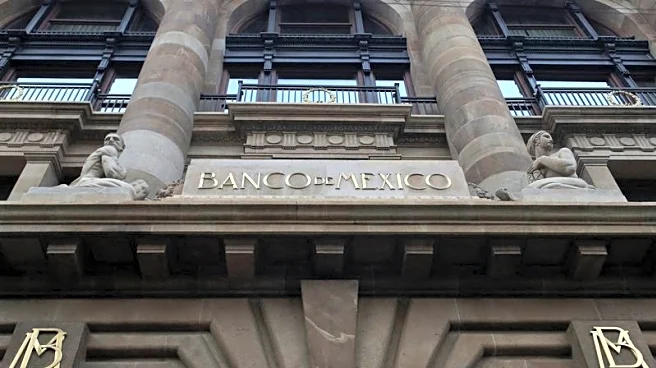What's Happening?
Tesla has released version 14 of its Full Self-Driving (FSD) software, marking significant advancements from the previous version 13. The update includes improvements in lane switching, merging traffic
awareness, and object avoidance. Notably, the software now exhibits more courteous lane behavior, returning to the right lane after passing slower vehicles, and demonstrates increased awareness of merging and cross traffic. Additionally, the software has improved its ability to navigate around road hazards, such as animal carcasses, and offers better speed consistency, eliminating the need for constant adjustments by the driver. These enhancements aim to refine the semi-autonomous driving experience, addressing previous concerns such as brake-stabbing issues.
Why It's Important?
The improvements in Tesla's FSD software are crucial for advancing autonomous vehicle technology, which has significant implications for the automotive industry and public safety. Enhanced lane behavior and object avoidance can lead to safer driving conditions, potentially reducing accidents caused by human error. The advancements also reflect Tesla's commitment to refining its autonomous driving capabilities, which could influence consumer confidence and adoption rates of self-driving vehicles. As Tesla continues to innovate, it sets a benchmark for competitors in the autonomous vehicle market, driving further technological advancements and regulatory discussions around self-driving cars.
What's Next?
Tesla's ongoing development of its FSD software suggests continued updates and refinements in future versions. As the technology evolves, regulatory bodies may need to address new safety standards and guidelines for autonomous vehicles. The improvements in FSD could also prompt other automakers to accelerate their own autonomous driving technologies, potentially leading to increased competition and collaboration in the industry. Additionally, consumer feedback and real-world testing will likely play a role in shaping future updates, ensuring the software meets safety and performance expectations.
Beyond the Headlines
The ethical and legal dimensions of autonomous driving technology continue to be a topic of discussion. As Tesla's FSD software becomes more advanced, questions about liability in the event of accidents and the role of human oversight in semi-autonomous vehicles remain pertinent. The cultural shift towards accepting self-driving technology also poses challenges, as public perception and trust in these systems are critical for widespread adoption. Long-term, the integration of autonomous vehicles into everyday life could transform urban planning, traffic management, and environmental impact, as self-driving cars promise more efficient and sustainable transportation solutions.










